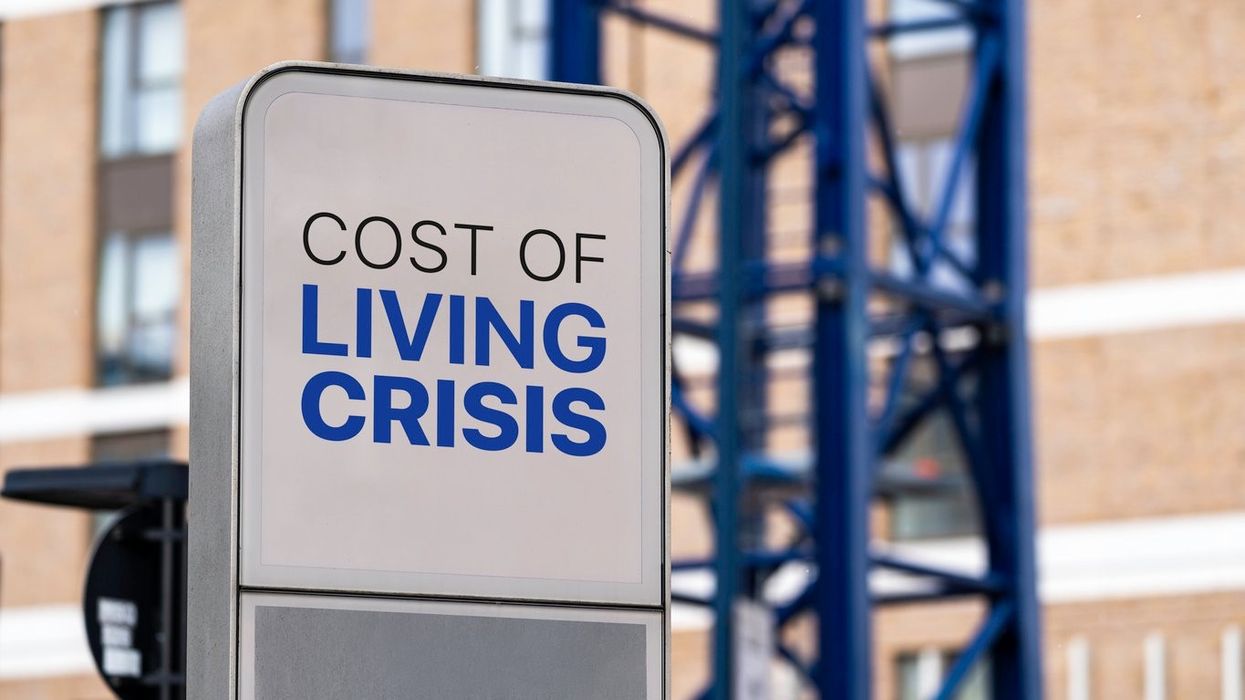The period between September 14 and 25 was one when Britain faced a gloomy situation. While it marked a phase when the country mourned the death of HM Queen Elizabeth II, culminating in the state funeral on September 19, the common people continued to cope with the rising cost of living.
New questions were put before the people in this period in a survey to find how the cost-of-living crisis was impacting their lives and certain findings emerged, the Office for National Statistics said in a statistical bulletin.
Around nine in 10 (91 per cent) of adults said that their cost of living went up compared to what it was a year ago. Seventy-three per cent people said there was an increase in their cost of living over the last one month. The main reasons that they cited were the price of food shopping (95 per cent), increased gas or electricity bills (73 per cent), and the price of fuel (51 per cent).
The main reasons given were the price of food shopping (95%), increased gas or electricity bills (73%) and the price of fuel (51%).
The most common actions that the adults said they started taking because of the rising costs of living were:
- Spending less on non-essentials (66 per cent);
- Using less fuel such as gas or electricity in their home (60 per cent);
- Shopping around more (45 per cent)
Around three-quarters (76 per cent) of adults reported being very or somewhat worried about rising costs of living in the past two weeks.
Around four in 10 (44 per cent) of adults who pay energy bills said they found it very or somewhat difficult to afford them in the latest period.
More than four in 10 (42 per cent) said they felt very or fairly unsure about the future, compared with 26 per cent saying they felt very or fairly sure about the future.
Among the working adults, four per cent reported taking up more than one job because of rises in the cost of living.
This is in line with data from the Labour Force Survey, on second jobs, that show approximately 1.2 million workers have second jobs between May and July 2022, remaining relatively stable since the recent cost-of-living increases began.
Around one in five (19 per cent) reported looking for a job that pays more money, including a promotion. Other responses included 15 per cent working more hours than usual in their main job and 7 per cent saying they were going into their place of work more often to reduce home energy costs.
The most frequently reported worries among adults (being very or somewhat worried) were climate change (76 per cent) besides the rising cost of living (76 per cent).




